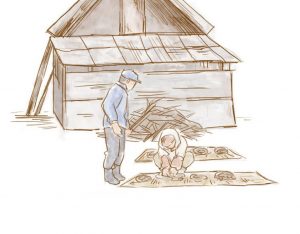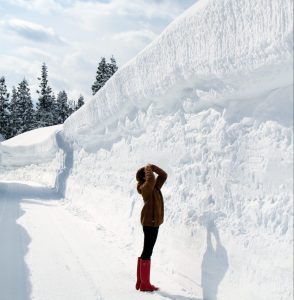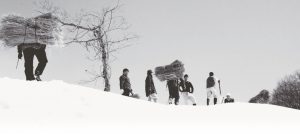
Zenmai, the Secret of Japan’s Undiscovered Food Culture
Zenmai, a wild vegetable from Japan’s mountains, reflects the traditions of YUKIGUNI. Harvested in spring and preserved through labor-intensive methods, it’s a key winter staple and part of New Year’s celebrations. This rare delicacy symbolizes resilience and showcases the harmony between nature, culture, and the enduring spirit of the snowbound region.







